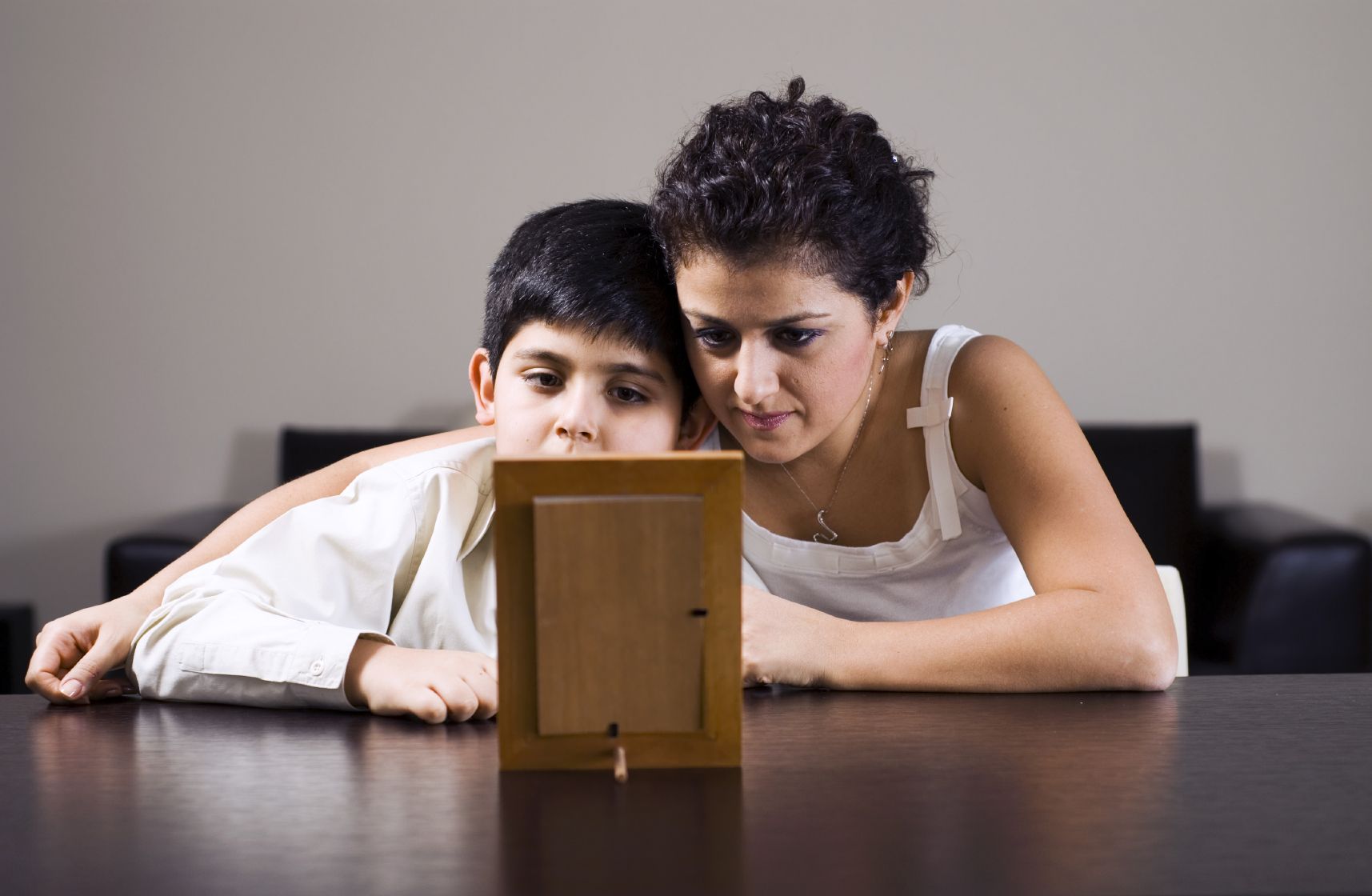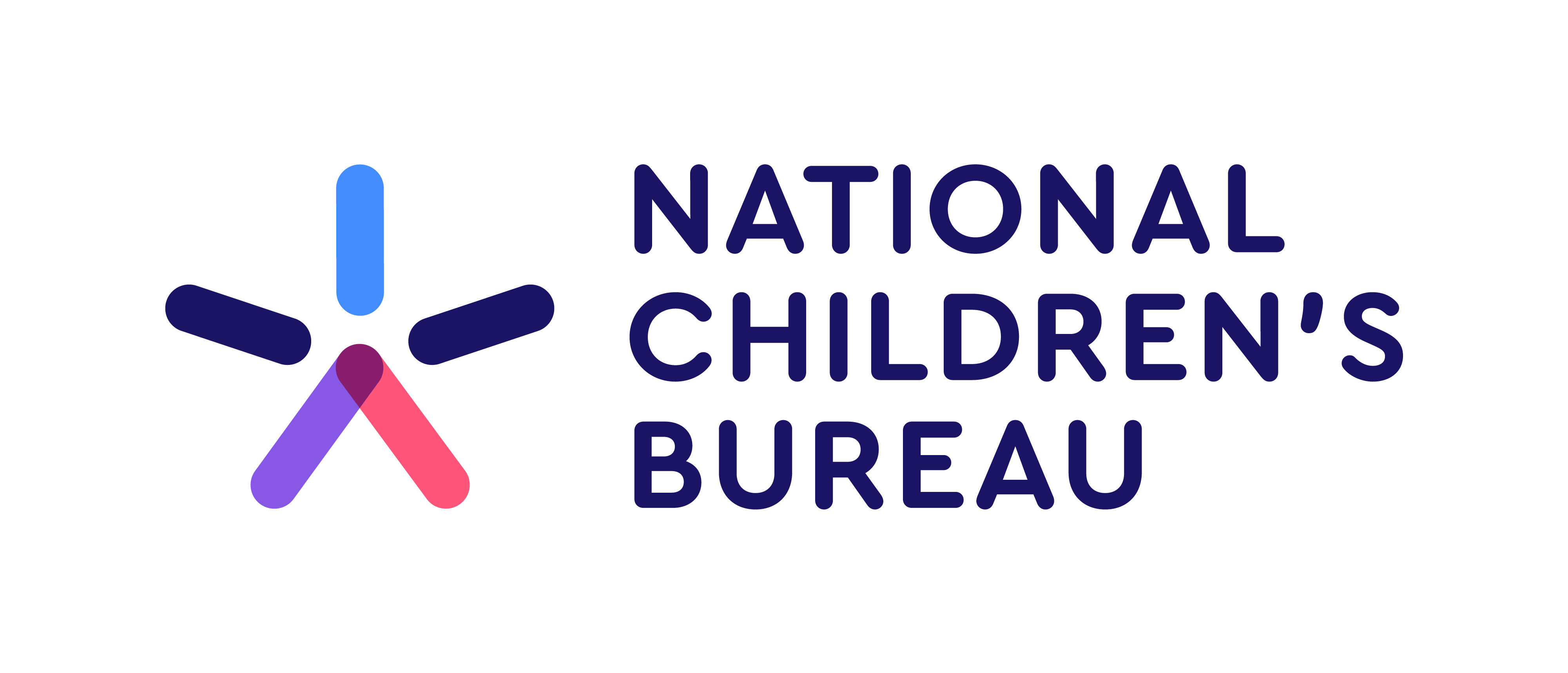Talking about death and dying

Despite the best efforts of organisations such as Dying Matters, who organise an annual Dying Matters Week to trigger discussion and action on all matters relating to death and dying, most people find it difficult to talk about death.
However, it is impossible to escape death even if we avoid talking about it!
The rise of Death Cafes across the world and now across the UK shows that people have an appetite for talking about death and dying. At a Death Cafe people, usually strangers, gather to eat cake, drink tea and discuss death; they are discussion groups, not counselling sessions.
The Church of England is beginning to hold conversations ‘for people of all faiths and doubts’ called ‘Grave Talk’. There may be one of these coming near you.
However, while it might just about be possible to talk about death and dying with a stranger over a cup of tea, it can be harder within our own families. Those who have experienced being alongside family or friends when one member is suffering from a terminal illness often refer to the sense of peace and open hearted warmth that comes when everyone is able to talk about their fears and feelings for one another.
Starting points
If you are looking for a starting point to talk to your family and friends about death and dying, here is a link to the Final Tweets people submitted to Dying Matters in 2013. What would your last 140 characters say?
Here are some suggestions of other starting points:
- What worries you most about dying?
- What in your life to date has affected how you think about death?
- Would you want to know that you are dying (if this was possible)?
- Would you prefer to know you are dying or to die suddenly?
- What is your view of what will happen at the moment of death – and afterwards?
- What do you want to happen to your body after you die? Have you told anyone this?
- Have you made other plans? (will, insurance, letters, passwords etc)
- Have you made an Advance Care Plan? If not, what would you like to include?
- If you have young children, have you planned guardianship?
- Have you thought about the sort of funeral you would like?
- Is there anything you’d like to change while you can? Any regrets?
- Do you have a ‘wishes and dreams’ list (sometimes called a ‘bucket’ list)?
- What would you want to say to those who will mourn you?
- How would you like to be remembered?
Talking to children about death and dying
People are particularly unsure about talking to children about death and dying. There is some advice on this when someone important has died here from Winston's Wish and here from Dying Matters.
Here are some basic principles for a general discussion about death and dying (rather than about a specific person who is dying or has died).
- Use simple language and be aware of a child’s level of understanding. There is some excellent explanation of this here from Partnership for Children. Put very broadly, children younger than about 7 may confidently use the language, but may not completely understand that death is permanent and irreversible; nor that everyone and everything dies. Most children will be around 9 or 10 before they completely understand that everything, including themselves, will die one day and will stay dead.
- Be aware that the terms we use, even the accurate ones, can confuse a child (‘lost’ your gran; ‘gran died in her sleep’; ‘passed away’; ‘heart attack’; ‘stroke’). Use terms like ‘death’ and ‘dying’ to avoid confusing a child.
- Notice things that are dying or have died: leaves, flowers, spiders... and talk about them.
- Be prepared to say when you don’t know something: children can ask amazing questions. But have a go at looking up information together.
- Be cheerfully matter of fact about it: yes, everything dies, but most people forget this for most of their lives. The point is all the stuff we can do while we’re here and all the fun and love we can share.
- Share a book or two that treats death in a straightforward way. For any children aged between about 6 and 10, one good starting place is ‘When Dinosaurs Die’ by Laurie Krasny Brown and Marc Brown. It is a bright and colourful book that explains death in a simple, unthreatening way and covers issues such as ‘why does someone die?’, ’feelings about death’. Lists of suggested books for children who have experienced a bereavement, or when someone in the family is ill, can be found here.
Someone I know is dying
While the point behind Plan If is to get every parent making plans for their family’s future, you may know someone who is already facing the prospect of dying before their children have grown up.
If you want to raise the subject of checking they have the elements of a Plan If prepared and accessible, you could show them this site and offer them your support and encouragement to go through our checklist. Mentioning some of the people who have supported the campaign might be an easy way of starting the conversation.
If you want to know where they can find support for their children both before and after their death, here’s a link to the directory of local services on the CBN website. Most hospices also have a Family Support Service and most will have skilled people who can help support children both before and after a bereavement.
Here are links to two of several available guides for those supporting children and young people when a parent is seriously ill.
https://www.winstonswish.org/serious-illness/



